- Browse
- Dynamic Programming
Dynamic Programming Courses
Dynamic Programming courses can help you learn algorithm design, problem-solving techniques, and optimization strategies. You can build skills in breaking down complex problems, analyzing recursive relationships, and implementing efficient solutions. Many courses introduce tools like Python and C++ for coding algorithms, along with frameworks that support dynamic programming methods, enabling you to tackle challenges in areas such as AI, game development, and operations research.
Popular Dynamic Programming Courses and Certifications
 Status: Free TrialFree TrialU
Status: Free TrialFree TrialUUniversity of Colorado Boulder
Skills you'll gain: Theoretical Computer Science, Algorithms, Computational Thinking, Pseudocode, Data Structures, Design Strategies, Programming Principles, Computer Science, Advanced Mathematics, Python Programming, Analysis
Build toward a degree
4.6·Rating, 4.6 out of 5 stars239 reviewsAdvanced · Course · 1 - 4 Weeks
 Status: Free TrialFree TrialS
Status: Free TrialFree TrialSStanford University
Skills you'll gain: Algorithms, Bioinformatics, Graph Theory, Computational Thinking, Data Structures, Theoretical Computer Science
4.8·Rating, 4.8 out of 5 stars1.3K reviewsIntermediate · Course · 1 - 4 Weeks
 Status: NewNewStatus: Free TrialFree Trial
Status: NewNewStatus: Free TrialFree TrialSkills you'll gain: Data Structures, Algorithms, Computational Thinking, Programming Principles, Computer Programming, Computer Science
Advanced · Course · 1 - 3 Months
 Status: Free TrialFree TrialD
Status: Free TrialFree TrialDDuke University
Skills you'll gain: Rust (Programming Language), Containerization, Data Pipelines, CI/CD, Docker (Software), Jenkins, Application Deployment, DevOps, LLM Application, Hugging Face, Large Language Modeling, Test Case, Restful API, Serverless Computing, Generative AI, Amazon Web Services, Command-Line Interface, Natural Language Processing, Computer Programming, Cloud Computing
3.9·Rating, 3.9 out of 5 stars279 reviewsBeginner · Specialization · 3 - 6 Months
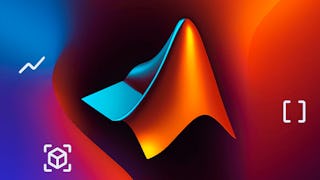 Status: Free TrialFree TrialV
Status: Free TrialFree TrialVVanderbilt University
Skills you'll gain: Prompt Engineering, Image Analysis, Data Visualization Software, File I/O, Matlab, Algorithms, User Interface (UI), Applied Machine Learning, ChatGPT, Scatter Plots, Object Oriented Programming (OOP), Digital Signal Processing, Mathematical Software, Computer Programming, Histogram, Predictive Modeling, AI Personalization, Data Processing, Data Analysis, Programming Principles
4.8·Rating, 4.8 out of 5 stars18K reviewsBeginner · Specialization · 3 - 6 Months
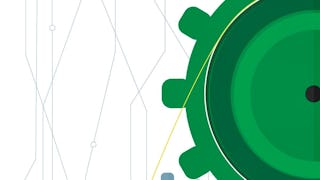 Status: Free TrialFree TrialU
Status: Free TrialFree TrialUUniversity of Alberta
Skills you'll gain: Reinforcement Learning, Machine Learning, Machine Learning Algorithms, Artificial Intelligence, Markov Model, Algorithms, Probability Distribution
4.8·Rating, 4.8 out of 5 stars2.9K reviewsIntermediate · Course · 1 - 3 Months
What brings you to Coursera today?
 Status: Free TrialFree TrialC
Status: Free TrialFree TrialCColumbia University
Skills you'll gain: Derivatives, Credit Risk, Financial Market, Portfolio Risk, Capital Markets, Risk Analysis, Risk Management, Market Dynamics, Portfolio Management, Financial Modeling, Operations Research, Mathematical Modeling, Probability Distribution, Applied Mathematics, Computer Programming
4.4·Rating, 4.4 out of 5 stars30 reviewsIntermediate · Course · 1 - 3 Months
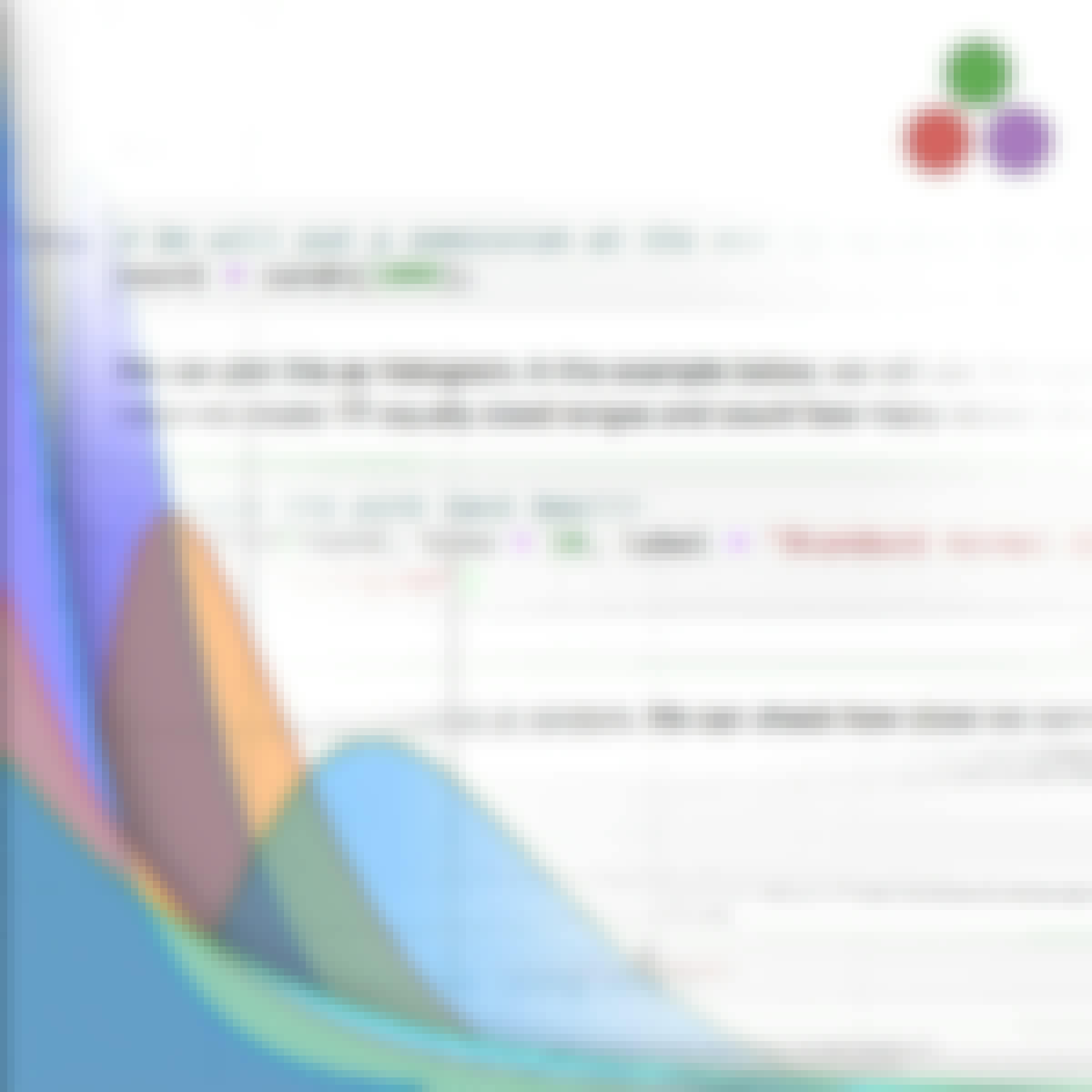 Status: PreviewPreviewU
Status: PreviewPreviewUUniversity of Cape Town
Skills you'll gain: Jupyter, Statistical Analysis, Data Visualization, Plot (Graphics), Scientific Visualization, Exploratory Data Analysis, Data Manipulation, Data Science, Other Programming Languages, Statistical Hypothesis Testing, Computer Programming, Mathematical Modeling, Package and Software Management
4.4·Rating, 4.4 out of 5 stars436 reviewsBeginner · Course · 1 - 4 Weeks
 Status: NewNewStatus: Free TrialFree TrialL
Status: NewNewStatus: Free TrialFree TrialLLogical Operations
Skills you'll gain: R Programming, R (Software), Data Science, Data Analysis, Statistical Modeling, Data Visualization, Statistical Analysis, Statistical Visualization, Regression Analysis, Statistical Machine Learning, Plot (Graphics), Data Structures, Computer Programming, Decision Tree Learning, Machine Learning Methods, Machine Learning, Software Development, Computer Programming Tools, Data Import/Export, Machine Learning Algorithms
Intermediate · Specialization · 1 - 3 Months
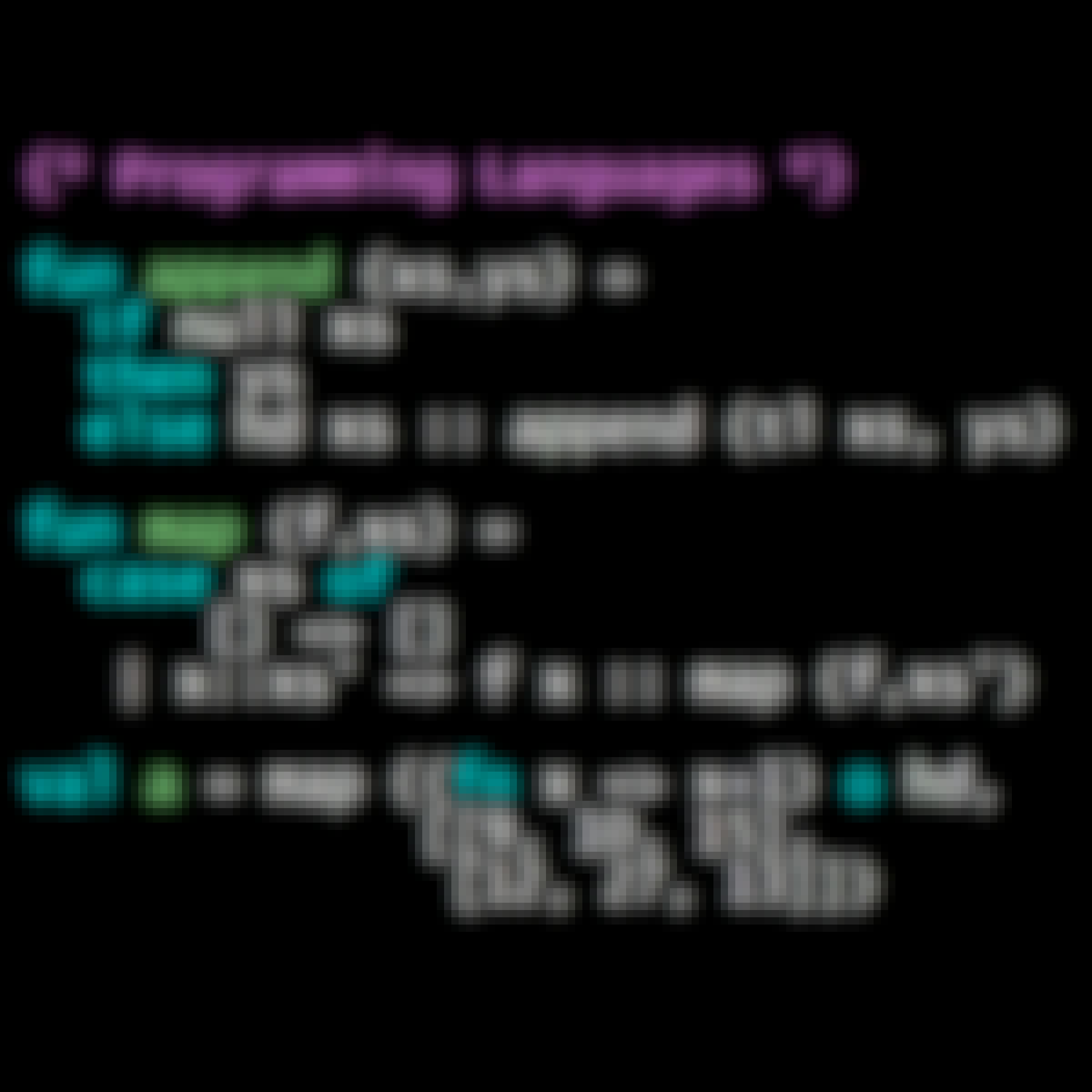 Status: PreviewPreviewU
Status: PreviewPreviewUUniversity of Washington
Skills you'll gain: Software Installation, Programming Principles, Other Programming Languages, Functional Design, Computer Programming, Ruby (Programming Language), Theoretical Computer Science, Software Design, Computational Thinking
4.9·Rating, 4.9 out of 5 stars1.9K reviewsIntermediate · Course · 1 - 3 Months
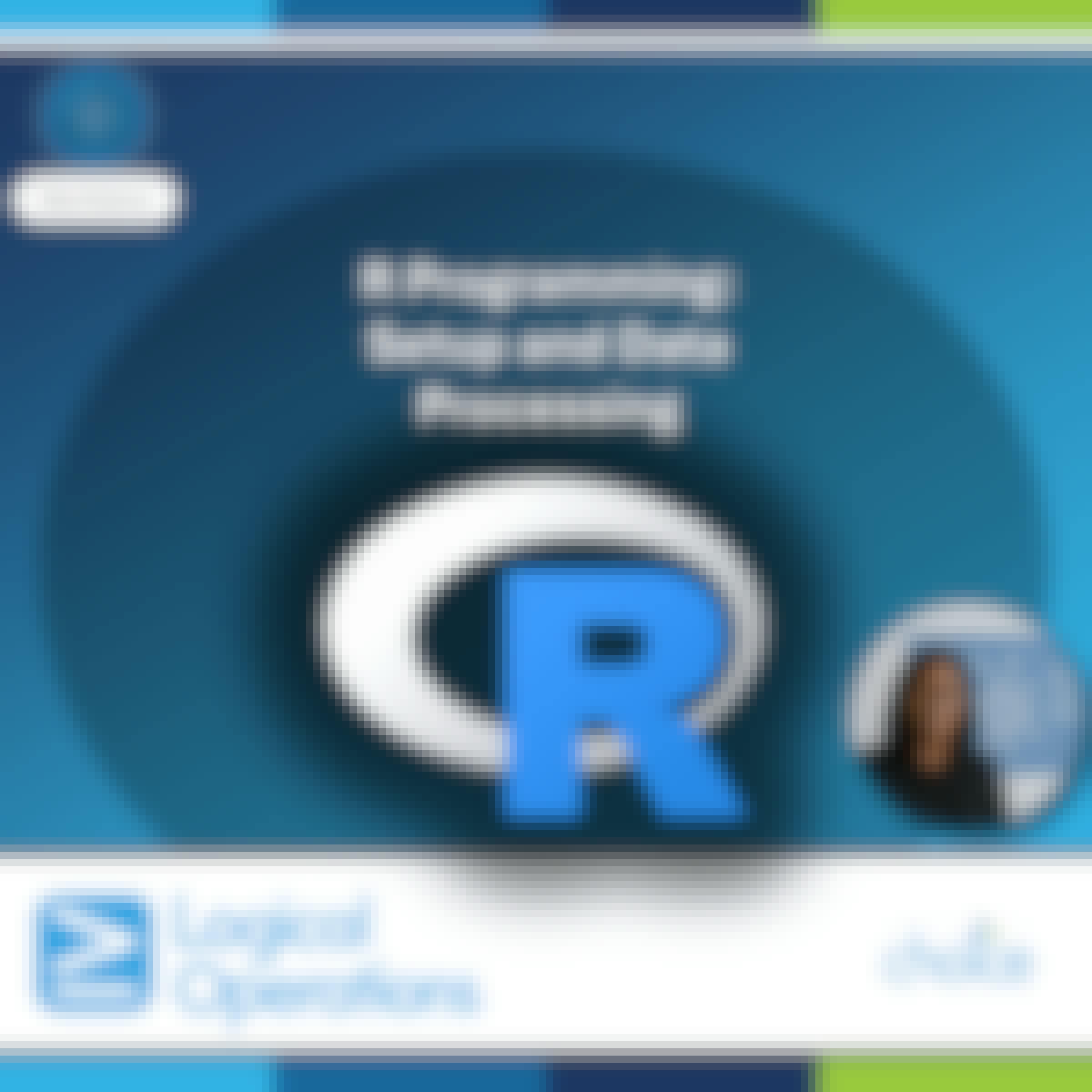 Status: NewNewStatus: Free TrialFree TrialL
Status: NewNewStatus: Free TrialFree TrialLLogical Operations
Skills you'll gain: R (Software), Data Processing, R Programming, Data Manipulation, Data Structures, Statistical Programming, Data Analysis, Data Analysis Software, Software Installation, Data Science, Development Environment, Computer Programming, Computer Programming Tools, Software Development
Mixed · Course · 1 - 4 Weeks
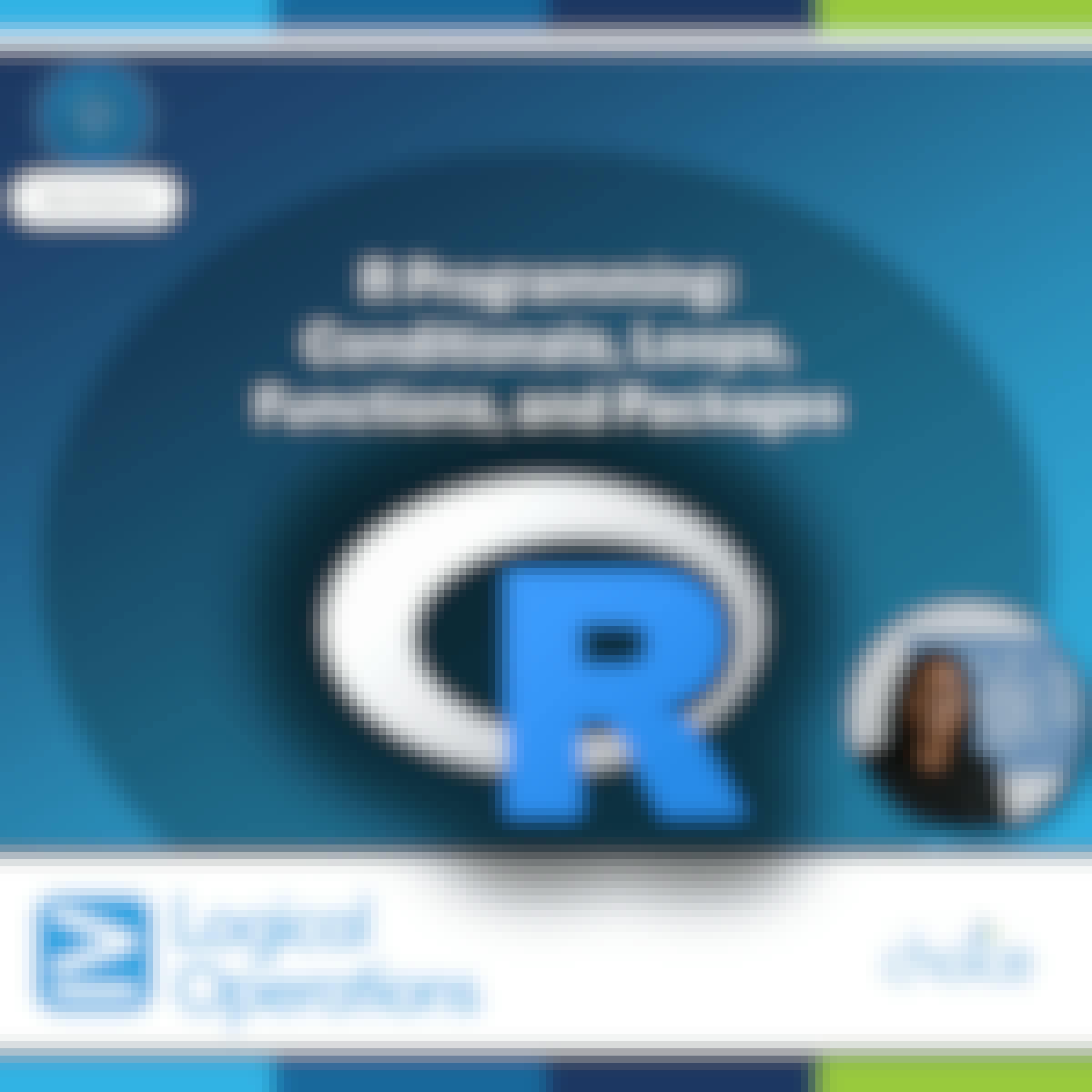 Status: NewNewStatus: Free TrialFree TrialL
Status: NewNewStatus: Free TrialFree TrialLLogical Operations
Skills you'll gain: R Programming, Maintainability, Package and Software Management, R (Software), Programming Principles, Statistical Programming, Computer Programming, Data Structures, Software Development, Data Science, Computer Programming Tools, Data Analysis
Mixed · Course · 1 - 4 Weeks
Searches related to dynamic programming
In summary, here are 10 of our most popular dynamic programming courses
- Dynamic Programming, Greedy Algorithms: University of Colorado Boulder
- Greedy Algorithms, Minimum Spanning Trees, and Dynamic Programming: Stanford University
- Advanced Algorithms and Problem-Solving Techniques: Packt
- Rust Programming: Duke University
- MATLAB Programming for Engineers and Scientists: Vanderbilt University
- Fundamentals of Reinforcement Learning: University of Alberta
- Advanced Topics in Derivative Pricing: Columbia University
- Julia Scientific Programming: University of Cape Town
- R Programming for Data Science: Logical Operations
- Programming Languages, Part A: University of Washington
Frequently Asked Questions about Dynamic Programming
Dynamic programming is a powerful algorithmic technique used to solve complex problems by breaking them down into simpler subproblems. It is particularly important in fields such as computer science, operations research, and economics, as it optimizes recursive algorithms by storing the results of subproblems to avoid redundant calculations. This efficiency makes dynamic programming essential for solving problems like resource allocation, scheduling, and various optimization tasks.
Careers that involve dynamic programming span various industries, including software development, data analysis, and operations research. Positions such as software engineer, data scientist, algorithm engineer, and systems analyst often require a strong understanding of dynamic programming principles. These roles leverage dynamic programming to create efficient algorithms that solve real-world problems, making it a valuable skill in the job market.
To learn dynamic programming effectively, you should focus on several key skills. First, a solid understanding of algorithms and data structures is crucial, as dynamic programming builds on these concepts. Familiarity with mathematical reasoning and problem-solving techniques will also enhance your ability to tackle dynamic programming challenges. Additionally, proficiency in programming languages such as Python, C++, or Java will enable you to implement dynamic programming solutions.
Some of the best online courses for dynamic programming include Dynamic Programming, Greedy Algorithms and Greedy Algorithms, Minimum Spanning Trees, and Dynamic Programming. These courses provide a comprehensive introduction to dynamic programming concepts, offering practical examples and exercises to reinforce your learning.
Yes. You can start learning dynamic programming on Coursera for free in two ways:
- Preview the first module of many dynamic programming courses at no cost. This includes video lessons, readings, graded assignments, and Coursera Coach (where available).
- Start a 7-day free trial for Specializations or Coursera Plus. This gives you full access to all course content across eligible programs within the timeframe of your trial.
If you want to keep learning, earn a certificate in dynamic programming, or unlock full course access after the preview or trial, you can upgrade or apply for financial aid.
To learn dynamic programming, start by familiarizing yourself with basic algorithms and data structures. Engage with online courses or tutorials that focus specifically on dynamic programming. Practice solving problems on platforms like LeetCode or HackerRank to apply what you've learned. Additionally, participating in coding competitions can further enhance your skills and understanding of dynamic programming in real-time scenarios.
Dynamic programming courses typically cover a range of topics, including the principles of optimality, overlapping subproblems, and memoization techniques. You will also explore various algorithms that utilize dynamic programming, such as the Fibonacci sequence, knapsack problem, and shortest path algorithms. These topics provide a solid foundation for understanding how to apply dynamic programming to solve complex problems.
For training and upskilling employees, courses like Dynamic Programming, Greedy Algorithms are particularly beneficial. They provide structured learning paths that can help teams enhance their problem-solving capabilities and improve their algorithmic thinking, which is essential in today's data-driven work environments.










